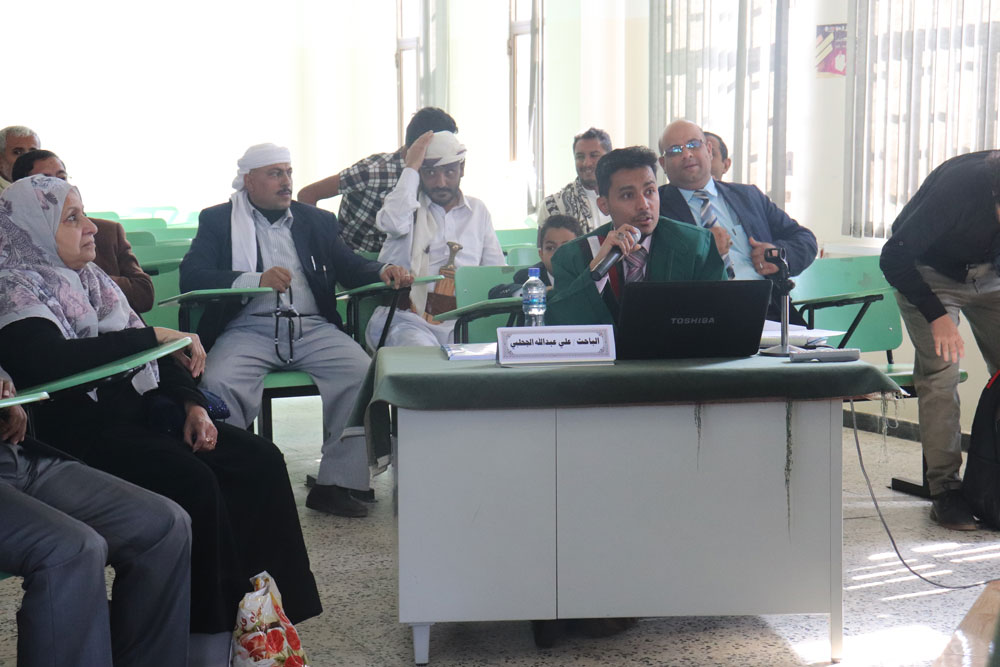AN EXAMINATION OF WOMEN’S EMPOWERMENT AND HUMANITARIAN PARTICIPATION DURING WARTIME: THE CASE OF YEMEN 2015-2018
ALI ABDULLAH AHMED ALJAHLAPY
A research project submitted in partial fulfilment of the requirements for the degree of
Master of International Development and Gender
Main Supervisor
Prof. Kamel Al-Rashahi
Abstract:
The study examined the women’s empowerment and humanitarian participation. It studied a range of related and relevant issues. It pointed out that the participation of women in humanitarian work with its four the axes (health initiatives, relief projects, educational programs and Social cohesion) considering them to be the most important issues carried out by women in Yemeni society and through which they participate in humanitarian work. This study is based on a series of main and sub- questions that show the extent of their participation according to these axes. The study also assumes that there is a relationship between women’s participation in humanitarian work and their empowerment in society. A quantitative, qualitative methodology was used. Questionnaires distributed to a sample of 375 individuals and in-depth interviews were conducted with 15 of Yemeni women leaders. The study revealed that there is an increase in the participation of women in humanitarian work in its four axes according to the demographics criterion. This participation greatly helps to empower women to be either pioneers of change if they are uninvolved with the political regime, or as decision makers in case They are involved with political regime. According to UNSC resolution 1325, the study found that the Yemeni society has the eligibility to apply it since the study found that the society is primarily accepting women’s participation in peace and humanitarian issues. The study set out a set of recommendations that were supposed to enhance the participation of women in humanitarian work and to ensure their empowerment, and pointed out that the implementation of resolution 1325 required government authorities to work out a national plan for its implementation.
